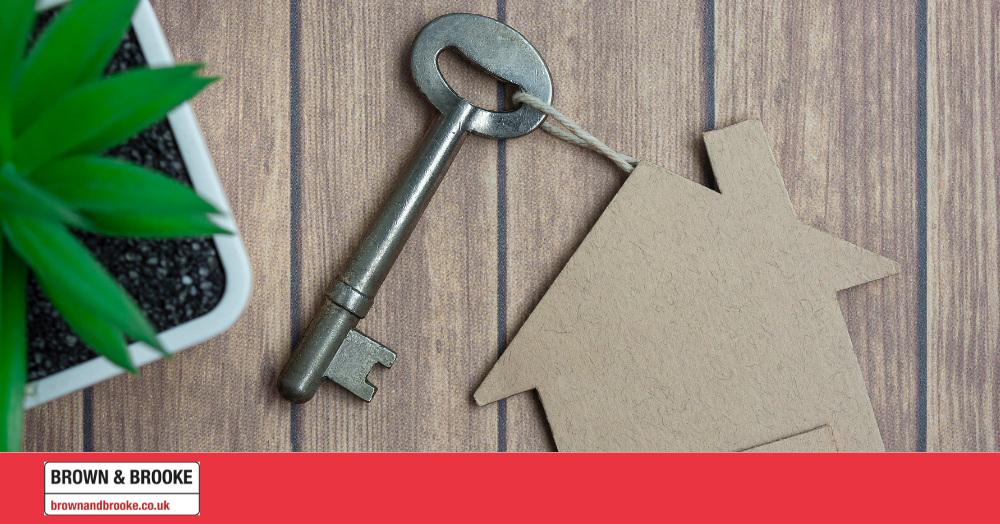For landlords, rental yield is one of the most important measures of success. It shows how much return you’re making from your property compared to its value. With rising costs, changing regulations, and shifting tenant expectations in 2025, improving yield has never been more important.
Here’s how to maximise your rental yield this year.
1. Understand Your Yield
Rental yield is calculated as your annual rental income ÷ property value x 100. For example, if your property is worth £250,000 and brings in £12,000 in rent per year, your yield is 4.8%.
Knowing this figure helps you track performance and compare your property to others in the area. If your yield is below the local average, it’s time to take action.
2. Stay on Top of Market Trends
In 2025, demand for quality rental homes remains strong, especially in well-connected towns and cities. However, tenants are also more selective, with energy efficiency and modern amenities high on their list.
Keeping an eye on what tenants in your area want allows you to set the right rent without pricing yourself out of the market.
3. Make Smart Upgrades
You don’t need to renovate from top to bottom to boost rental value. Small, targeted improvements can increase appeal and justify higher rents:
- Fresh paint and neutral décor
- Modern kitchens and bathrooms
- Energy-efficient upgrades (LED lighting, insulation, better heating systems)
- Outdoor spaces that are easy to maintain
- These upgrades not only attract better tenants but also help reduce void periods.
4. Reduce Void Periods
An empty property is the fastest way to damage your yield. To minimise downtime between tenancies:
- Market your property early before the current tenant moves out
- Keep the property well-presented and ready for viewings
- Be responsive and flexible with potential tenants
- Price rent competitively based on the local market
5. Review Your Rent Regularly
Many landlords set rent and forget it. But with inflation and market changes, you could be undercharging. Review rent annually and compare it with similar properties nearby. Even a modest increase can make a big difference to yield over time.
6. Consider Professional Property Management
Managing a rental yourself can be time-consuming, and mistakes can be costly. A good letting agent can help by:
- Setting the right rent
- Marketing the property effectively
- Screening tenants thoroughly
- Handling maintenance quickly
- Ensuring compliance with ever-changing legislation
- By reducing voids, preventing arrears, and keeping your property compliant, a professional agent can pay for themselves while boosting your yield.
Final Thoughts
Maximising your rental yield in 2025 isn’t about charging the highest possible rent. It’s about finding the right balance between tenant demand, property presentation, and smart management. With the right strategy, you can increase returns, reduce hassle, and secure long-term success as a landlord.
Thinking about getting more from your rental property? Speak to our team today about how we can help you improve your yield and take the stress out of letting.



